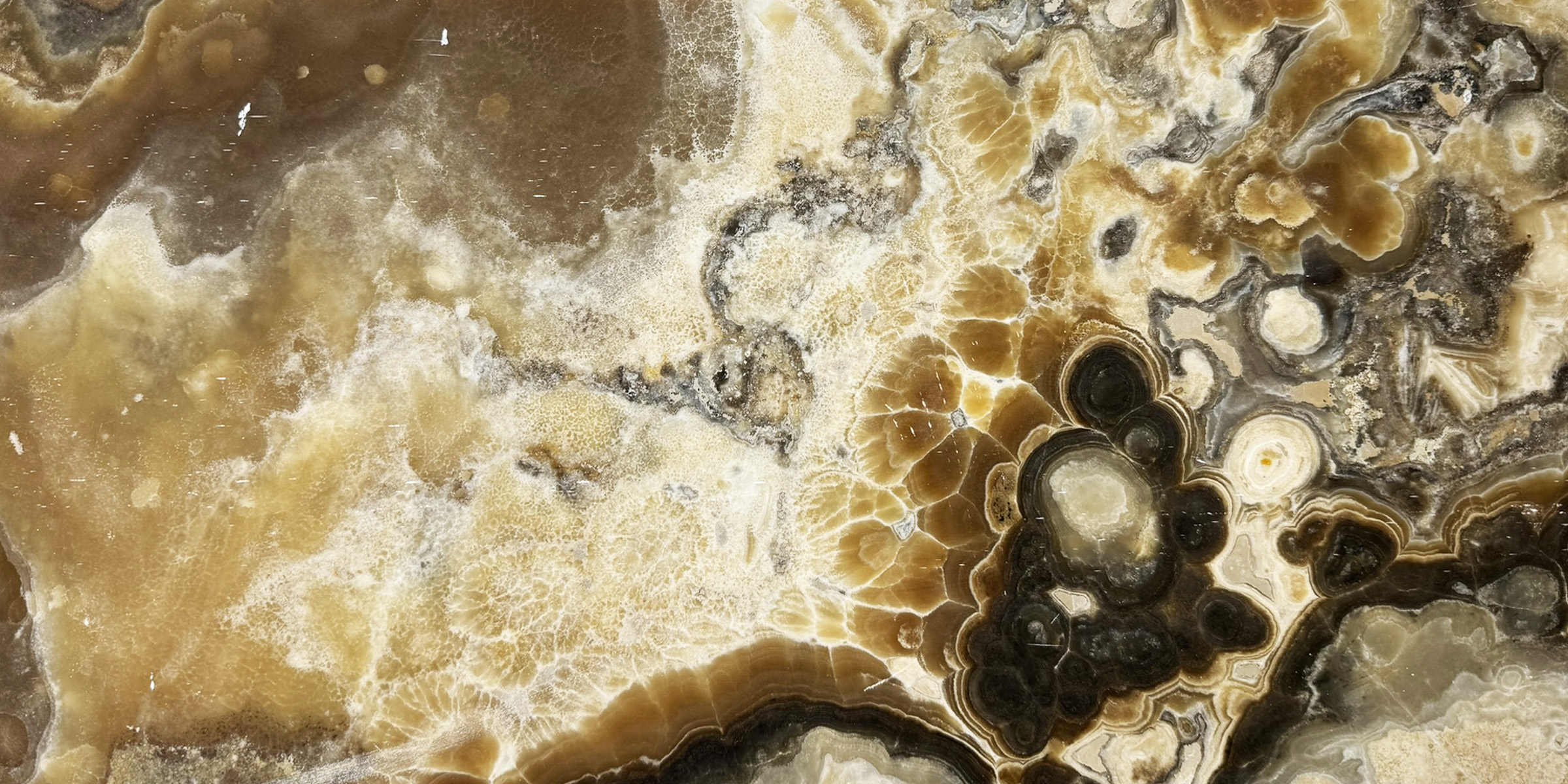Natural stone tiles are prized for their durability, elegance, and timeless appeal. Whether you’re considering marble, granite, travertine, or slate, natural stone tiles can be a long-lasting investment for your home or commercial space. But just how long do they last? The answer depends on several factors, including the type of stone, the environment, and how well they’re maintained. Let’s explore what contributes to the lifespan of natural stone tiles.
Lifespan of Different Types of Natural Stone Tiles
1. Marble
Marble is a luxurious and visually striking stone, often used in bathrooms, kitchens, and flooring. With proper care and maintenance, marble tiles can last for 25-100 years. However, they are more susceptible to scratching, staining, and etching than other stones, so sealing and routine cleaning are essential.
2. Granite
Granite is one of the hardest and most durable natural stones. Commonly used for countertops and floors, granite tiles can easily last 50-100 years or more. They are highly resistant to scratches and stains, making them ideal for high-traffic areas.
3. Travertine
Travertine tiles, with their warm, earthy tones, are a popular choice for both indoor and outdoor spaces. These tiles can last 50-75 years with regular sealing and proper maintenance. Travertine’s porous nature requires sealing to prevent water and stain damage.
4. Slate
Slate tiles are renowned for their natural texture and durability. Ideal for both interior and exterior applications, slate tiles can last 75-200 years. Their resistance to chipping and weathering makes them a favorite for patios and walkways.
5. Limestone
Limestone tiles offer a soft, natural look and can last 50-100 years. However, they require regular sealing and protection against acid exposure, as they are more prone to wear compared to granite or slate.
Factors That Influence Longevity
-
Quality of the Stone
-
Higher-quality stone tends to last longer, as it is less likely to have structural imperfections.
-
-
Installation
-
Proper installation is critical. Uneven or poorly secured tiles can crack or shift, reducing their lifespan.
-
-
Maintenance
-
Regular cleaning, sealing, and prompt repair of cracks or chips are essential to maintaining the integrity of natural stone tiles.
-
-
Environment
-
Tiles installed outdoors are exposed to weather conditions, which can impact their longevity. Choosing the right stone for your environment is crucial.
-
-
Traffic and Use
-
High-traffic areas or spaces exposed to heavy furniture and appliances can cause wear and tear over time. Using mats or area rugs can help minimize damage.
-
Tips for Prolonging the Life of Natural Stone Tiles
-
Seal Regularly: Use a high-quality sealant to protect against moisture and stains.
-
Clean Properly: Avoid acidic or abrasive cleaners that can damage the stone.
-
Address Damage Quickly: Repair cracks or chips as soon as they appear to prevent further deterioration.
-
Use Rugs and Mats: In high-traffic areas, rugs or mats can help reduce wear.
-
Choose the Right Stone: Match the stone to the intended use and environment for maximum longevity.
The Bottom Line
When properly cared for, natural stone tiles can last decades or even centuries, making them a worthwhile investment. Whether you prefer the opulent look of marble or the rugged durability of slate, the longevity of natural stone tiles makes them a popular choice for homes and businesses alike. By choosing the right stone for your needs and maintaining it properly, you can enjoy its beauty and functionality for generations to come.

